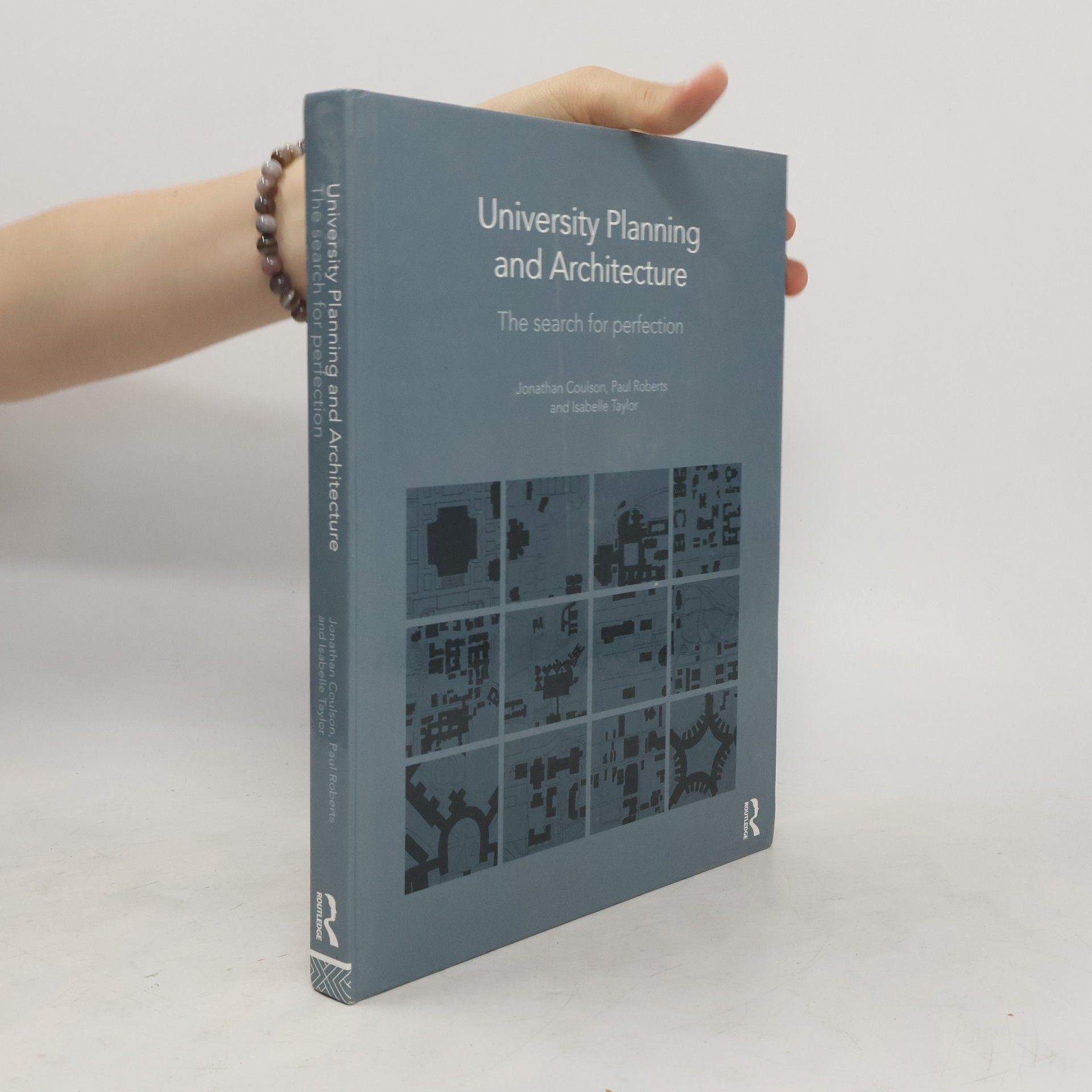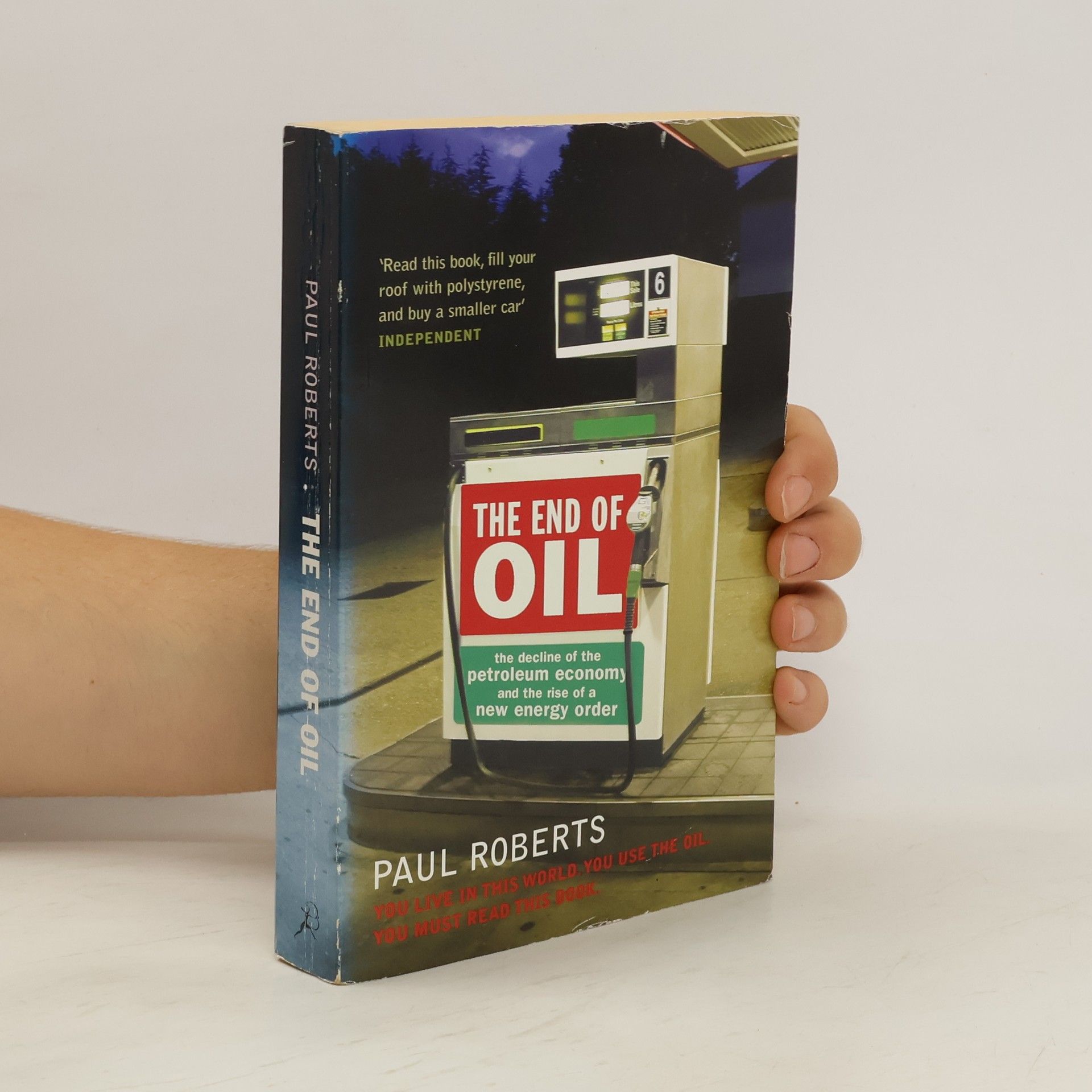The End of Food
- 416 Seiten
- 15 Lesestunden
Diese Autorin erforscht die faszinierende und oft beunruhigende Beziehung zwischen dem Markt und dem Selbst. Ihre Arbeit, die sich mit Themen von Technologiebesessenheit bis zur Politik des Narzissmus befasst, enthüllt, wie unsere Wünsche und unsere Identität in der heutigen Gesellschaft geformt werden. Mit scharfem Verstand und analytischem Ansatz taucht sie tief in die Komplexität der modernen Kultur ein und bietet den Lesern ein tieferes Verständnis der Welt, in der wir leben. Ihre Schriften fordern uns heraus, darüber nachzudenken, wie Konsum und der Drang nach sofortiger Befriedigung unsere kollektiven und individuellen Leben beeinflussen.



This title provides a revealing look at our plundering of natural resources, and the trouble we are in when they run out - which could be sooner than we imagine.
"This book comprehensively documents the worldwide evolution of university design from the Middle Ages to the present day, uncovering the key developments which have shaken the world of campus planning. A series of detailed and highly illustrated case-studies profile universally acclaimed campuses that, through their planning, architecture and landscaping, have succeeded in making positive contributions to the field. Drawing on these examples, the book turns to the strategies behind campus planning in today's climate. Exploring the importance of themes such as landscape, architecture, place-making and sustainability within university development, the book consolidates the lessons learnt from the rich tradition of campus development to provide a 'good practice guide' for anyone concerned with planning environments for higher education."--Publisher description